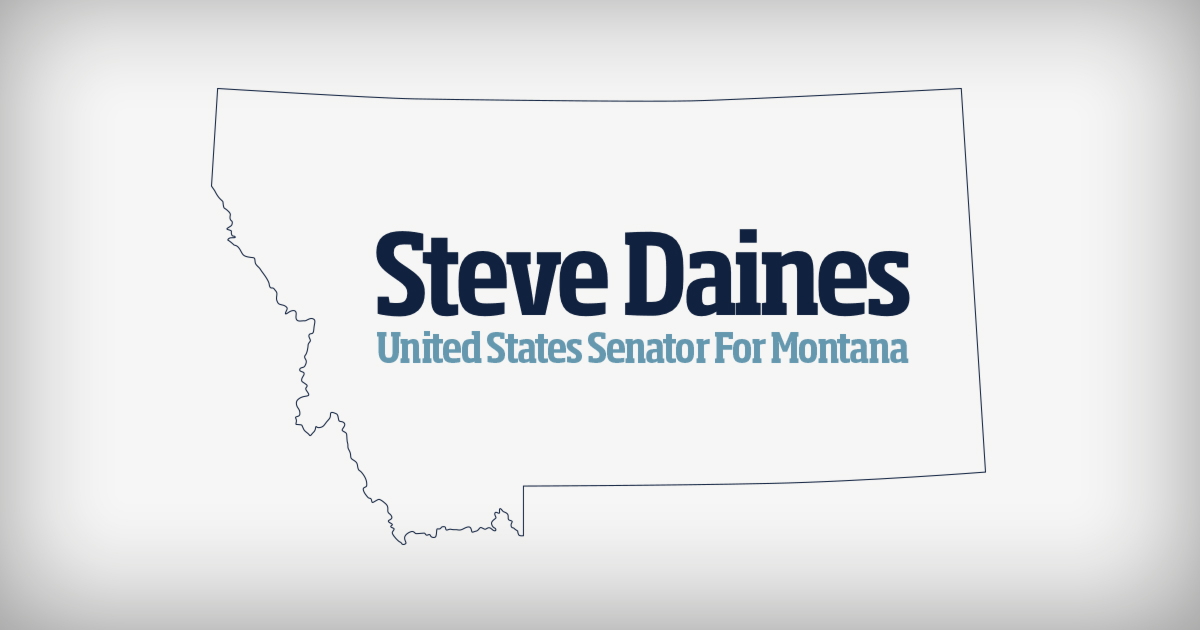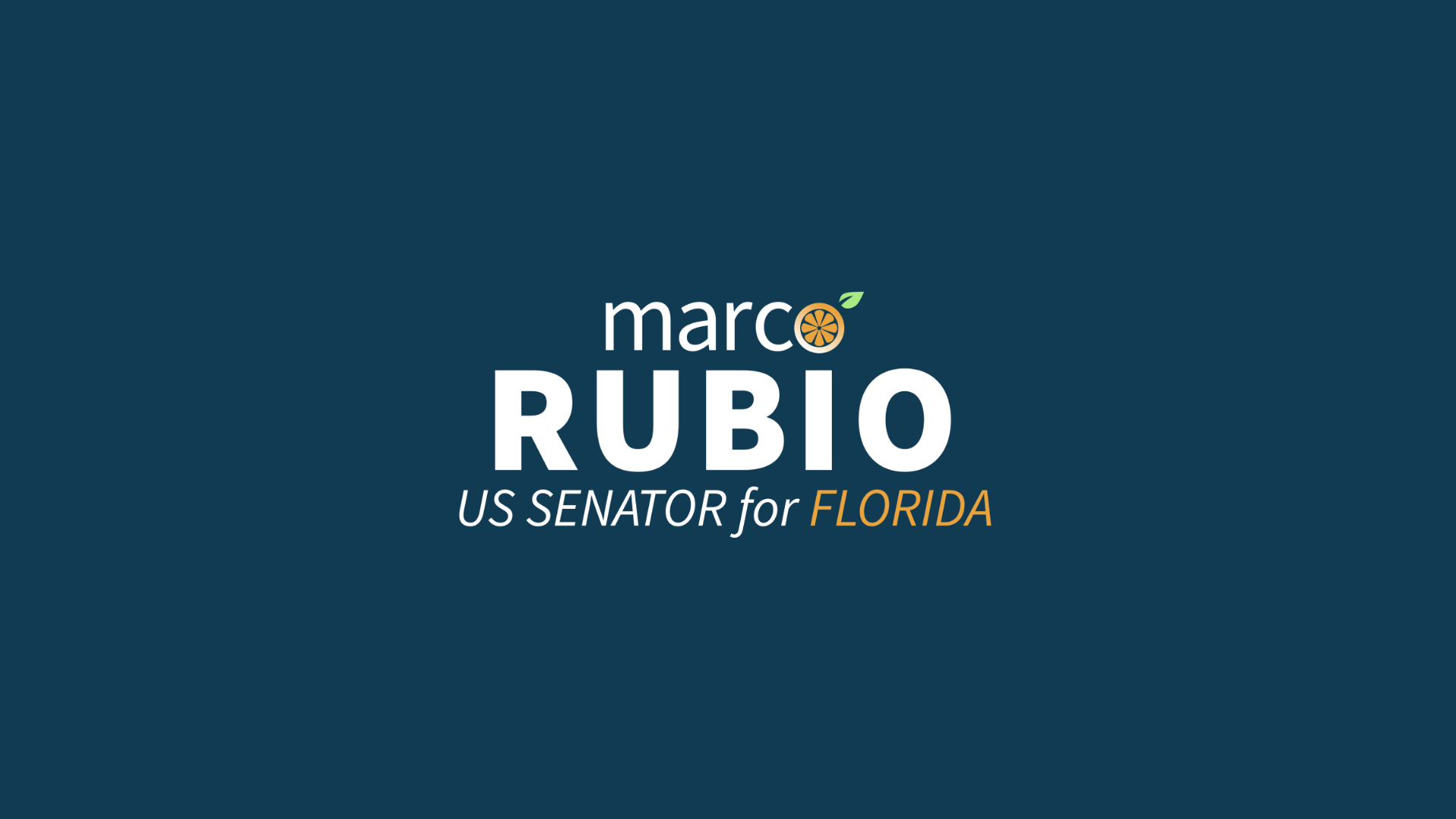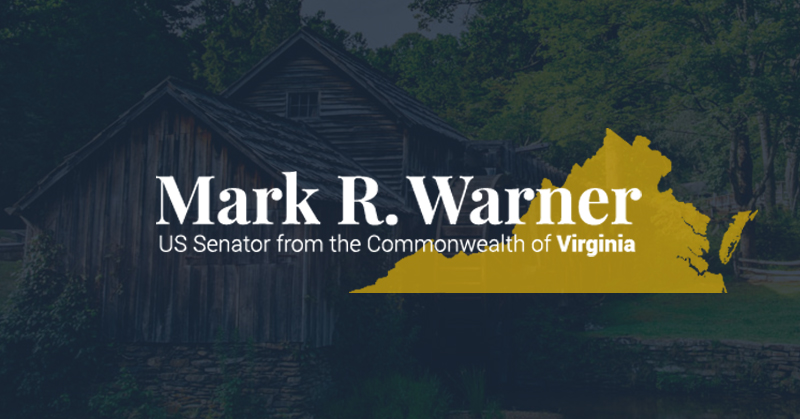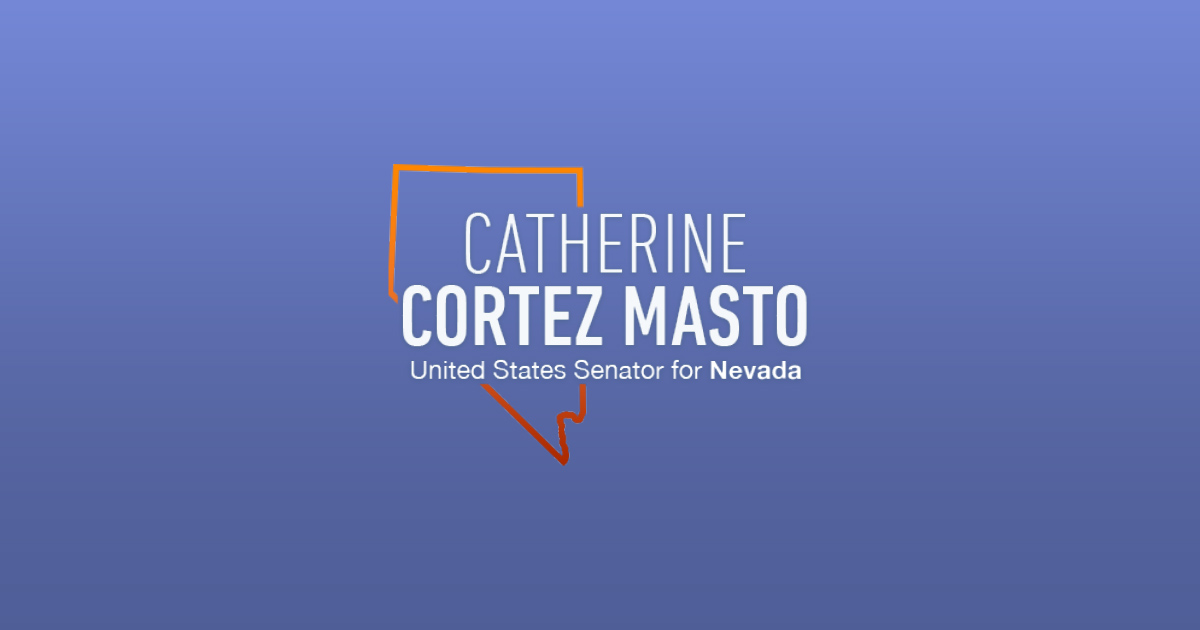Source: United States Senator for California – Dianne Feinstein
Washington—Senator Dianne Feinstein (D-Calif.) today spoke on the Senate floor in support of the Bipartisan Safer Communities Act and the need to do more to prevent gun violence.
“I’m particularly pleased to see two issues I have prioritized are addressed in this bill,” Senator Feinstein said. “The first is grants for state ‘red-flag’ laws, like the law in my home-state of California, which has proven effective at removing guns from people who have been found by a court to pose a threat. And a provision closing the ‘boyfriend loophole,’ which has let too many domestic abusers continue to possess firearms.”
Senator Feinstein continued: “I applaud the sponsors of the legislation now before the Senate. But I have to ask: What will it take for us to hear the wakeup call and pass stronger gun legislation?”
Senator Feinstein added: “It’s simple logic: If you can’t buy a beer, you shouldn’t be able to buy an assault weapon. If you can’t buy a handgun, you shouldn’t be able to buy an AR-15.”
Full remarks follow:
“Our country is still mourning the tragic shootings in Buffalo and Uvalde in which a total of 31 innocent people were gunned down by teenagers using weapons of war.
While these terrible events get our attention – and have in this case galvanized the Senate to act – they are only two of the 279 mass shootings that have taken place this year.
So it is good that the Senate is now considering legislation to address the epidemic of gun violence. The Bipartisan Safer Communities Act, which we are now considering, is a good, albeit modest, bill.
I’m particularly pleased to see two issues I have prioritized are addressed in this bill:
The first is grants for state ‘red-flag’ laws, like the law in my home-state of California, which has proven effective at removing guns from people who have been found by a court to pose a threat.
And a provision closing the ‘boyfriend loophole,’ which has let too many domestic abusers continue to possess firearms.
However, while this bill is a step in the right direction, it’s far from the bold action that we need to address mass shootings that occur on a daily basis.
It remains too easy for private citizens to obtain weapons of war in this country. And sadly, this bill does very little to address that tragic reality.
Almost 30 years ago – in 1993 – I stood on this floor and offered the amendment to ban the sale and possession of assault weapons.
That goal was simple: limit access to weapons of war that have no place on our streets.
And guess what? It worked.
In the 10 years the Assault Weapons Ban was law, gun massacres dropped 37 percent. After the ban lapsed in 2004, gun massacres rose by 183 percent. That’s a big difference.
Back then, a different shooting was on the mind of Americans: the 101 California Street shooting in my hometown of San Francisco, where a disturbed man entered a law firm and killed eight people.
For many, this tragedy was a wakeup call that required action, and we did act.
Now, 30 years later, teenagers are able to purchase AR-15s, multiple high-capacity magazines, and shoot up a grocery store or elementary school. And we’re left mourning the deaths of innocent people and asking, ‘What is the solution?’
I applaud the sponsors of the legislation now before the Senate. But I have to ask: What will it take for us to hear the wakeup call and pass stronger gun legislation?
Our nation, our children, are under constant attack. Nowhere is safe. There are mass shootings at schools, at churches, in synagogues, newspaper offices, stores, movie theaters – on and on.
It’s simply too easy to get a weapon designed to kill as many people as possible. Today’s legislation will help, but there is so much more we could and should be doing.
Our gun laws are lax and they make it too simple for anyone, even those we know are prone to violence, to obtain a weapon.
This is especially true of teenagers. Even though they can’t buy a beer or a pack of cigarettes, they can buy an AR-15 assault rifle and thousands of rounds of ammunition once they turn 18 years old.
And the results are heartbreaking. In Uvalde, 19 children and two teachers were massacred last month because an 18-year-old was able to buy an assault weapon.
Just 10 days earlier in Buffalo, 10 people were shot to death in a grocery store because an 18-year-old was able to buy an assault weapon.
The common denominator in so many mass shootings today are assault weapons.
I understand the senators who negotiated the bill couldn’t reach agreement on this issue. Consequently, the bill fails to prevent teenagers – teenagers – from buying assault weapons.
Under current law, a federal firearms licensee may not sell or deliver a handgun to a buyer younger than 21. However, this commonsense protection does not apply to purchases of assault weapons. This disparity actually costs lives.
It’s simple logic: If you can’t buy a beer, you shouldn’t be able to buy an assault weapon. If you can’t buy a handgun, you shouldn’t be able to buy an AR-15.
That’s why I introduced, along with 13 of my colleagues, the Age 21 Act. I have also filed it as an amendment on the bill before us.
The bill would raise the minimum age to purchase assault weapons and high-capacity ammunition magazines from 18 to 21. So before you have a powerful weapon, before you buy big [magazines], you have to be at least 21 years old. I don’t think that’s too much to ask.
This commonsense reform has public support among both Democrats and Republicans.
A recent Politico poll showed that 88 percent of Democrats and 68 percent of Republicans support requiring people to be 21 or older to purchase a firearm.
I believe that failing now to act and address the ease with which teenagers can buy assault weapons is really a grave mistake.
And make no mistake about it, it will cost lives.
So now is the time to act. I urge my colleagues to support the Age 21 Act and pass it before the next massacre.
I hope these words are heard. I hope people understand. And I hope there are no more killings of young people in this way.”
###







